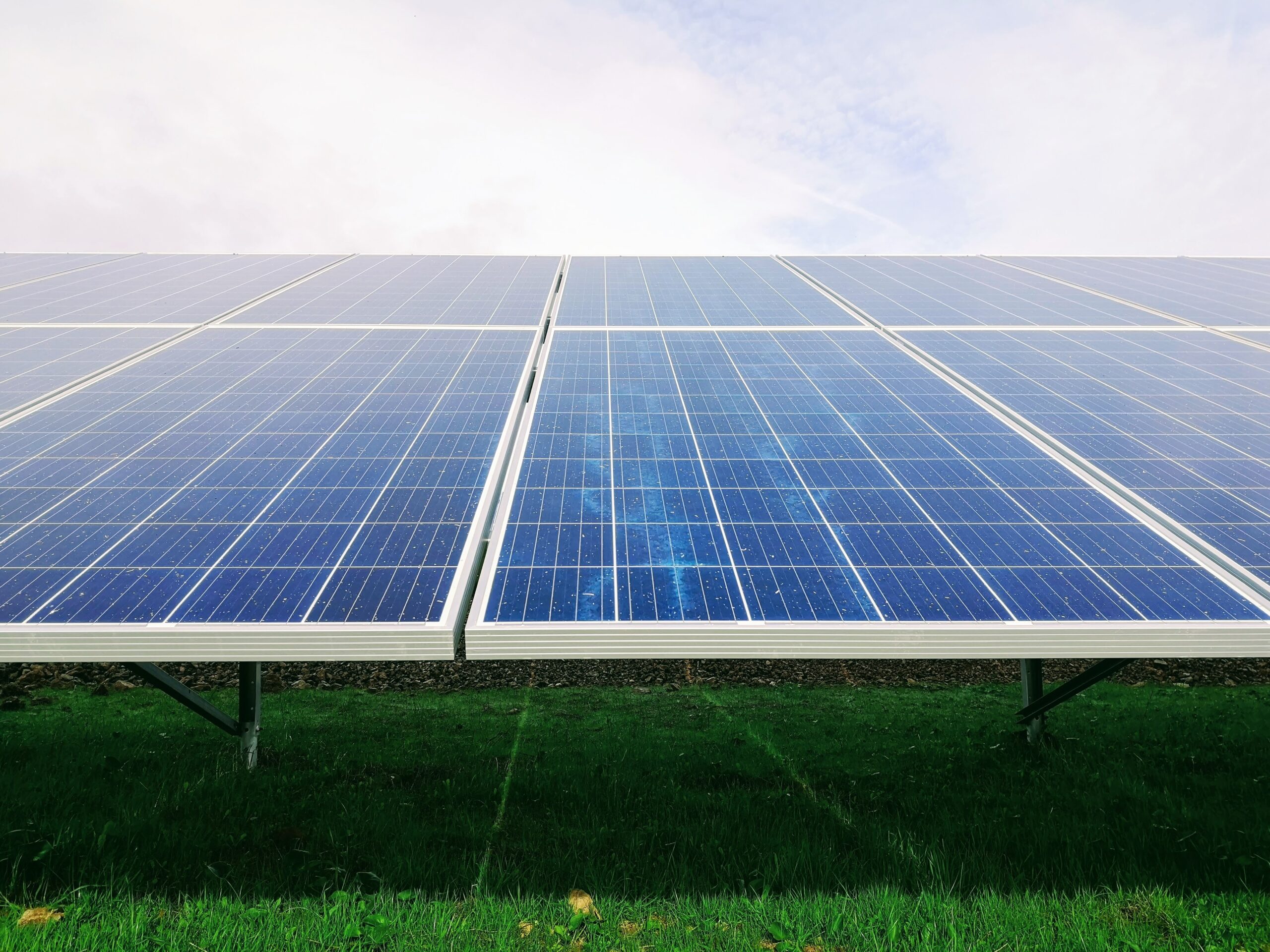
The issue of climate change is one of the most pressing concerns of our time, and countless discussions revolve around the environmental benefits of various technologies. Among these, solar power stands out as one of the most widely discussed options. With its long-standing history of aiding the environment while simultaneously reducing household expenses, solar energy has become a beacon of hope for sustainable living.
But how exactly does solar power function? At its core, solar panels capture sunlight and convert it into usable electricity. This energy can then be utilized for a variety of purposes, including heating water or powering household appliances. Surplus energy generated during daylight hours can even be stored in batteries for later use when the sun sets.
In 2017, global electricity growth saw a significant shift toward renewables, with photovoltaic panels leading the charge. These panels, better known as solar panels, have gained widespread adoption across the globe, with nations like the United States, China, and the United Kingdom at the forefront of this movement.
A common question among people interested in sustainability is whether solar panels are truly beneficial for the environment. The answer is a resounding yes. Here are four compelling reasons why solar panels are a boon for the environment:
Decreases Dependence on Fossil Fuels
By harnessing solar power, households can significantly reduce their reliance on traditional energy grids. Even without battery storage, using solar energy during the day means less demand on non-renewable resources. Installing batteries further amplifies this effect by allowing excess energy to be stored and used after sunset.
Low Carbon Emissions
Solar power systems produce negligible amounts of carbon dioxide and other harmful greenhouse gases. Unlike conventional energy sources, which rely on complex transportation networks, solar energy is generated locally, minimizing pollution and significantly lowering the carbon footprint of individual homes.
Infinite Renewable Energy
Solar energy is an inexhaustible resource, as long as the sun continues to shine—another few billion years, at least! Unlike finite fossil fuels, which require extensive extraction processes and contribute to environmental degradation, solar power offers a clean, abundant alternative.
Minimal Maintenance Required
Solar panels are designed to last approximately fifty years with minimal upkeep. In contrast, systems powered by gas, coal, or oil often require frequent maintenance and replacements, adding to their overall environmental impact.
Are Solar Panels Truly Environmentally Friendly?
While some critics point to challenges in solar panel production and disposal, these issues do not outweigh the substantial environmental advantages solar panels provide over fossil fuel-based systems. As demand grows, so too will research and innovation, addressing existing shortcomings more rapidly.
For instance, rare earth materials such as silver, tellurium, or indium used in solar panel construction should ideally be recycled to ensure full environmental compliance. However, the current scale of solar panel usage isn't yet large enough to make recycling economically feasible. Increased adoption could create a robust recycling infrastructure, mitigating these concerns.
Typically mounted on rooftops via familiar clamp-and-screw systems, solar panels integrate seamlessly into existing structures without disrupting local ecosystems. On open land, solar installations can also be deployed minimally invasively. Even in extreme cases where land conversion occurs, the long-term benefits of solar energy production far outweigh the initial environmental costs.
It's important to note that concerns about solar panel impacts are largely relevant to large-scale utility projects rather than residential installations. Additionally, as solar technology becomes more prevalent, it can power mining and construction equipment, offsetting associated environmental impacts.
Ultimately, despite minor challenges, solar panels remain an environmentally friendly choice, both now and in the future. To learn more about integrating solar power into your life and saving money while staying eco-conscious, check out what Project Solar has to offer.
Precision Mechanical Metal Parts
Dongguan Binsen Hardware & Plastic Co., Ltd. was established in 2013 and located in the heart of Humen Town, Dongguan City. Binsen is a national certified high-tech enterprise.
We specialize in the development, design and processing of precision plastic molds&dies, parts and products, as well as the processing of precision components and automation parts.
Professional cnc precision machined parts manufacturer is located in China, including cnc precision matal parts,High Precision CNC machined parts,precision hardware parts, etc.
We have many precision devices to serve the production of these precise parts.
OPTICAL GRINDING:We can provide quality assurance for special-shaped tungsten steel parts using Japan WAIDA profile grinding equipment. Its accuracy can reach +0.00mm and the surface roughness can be as low as Ra0.02. PG suits all kinds of precision dies and punches.
WIRE CUTTING:Swiss +GF AgieCharmilles ultra-precision wire cutting equipment CUTES50 can reach a minimum diameter of 0.05mm and a precision of +0.001mm. The surface roughness machined by this machine can be as low as Ra0.05um and Rz0.1, and the best angle clearance is R0.06. It suits simple and complex-shaped precision parts.
MIRROR EDM:Sodick EDM and Makino are Japanese advanced machines that can handle the processing of all kinds of complicated parts. They can achieve an accuracy of up to +0.005mm and a surface roughness of Ra0.02um. The clearance angle can be guaranteed to be R0.01 or less.
cnc precision machined parts,cnc precision matal parts,High Precision CNC machined parts,precision hardware parts
Binsen Hardware and Plastic Co.Ltd , https://www.binsenmolds.com